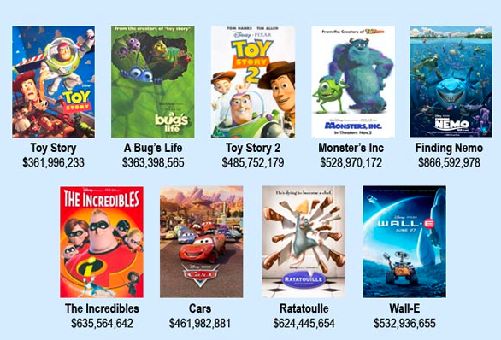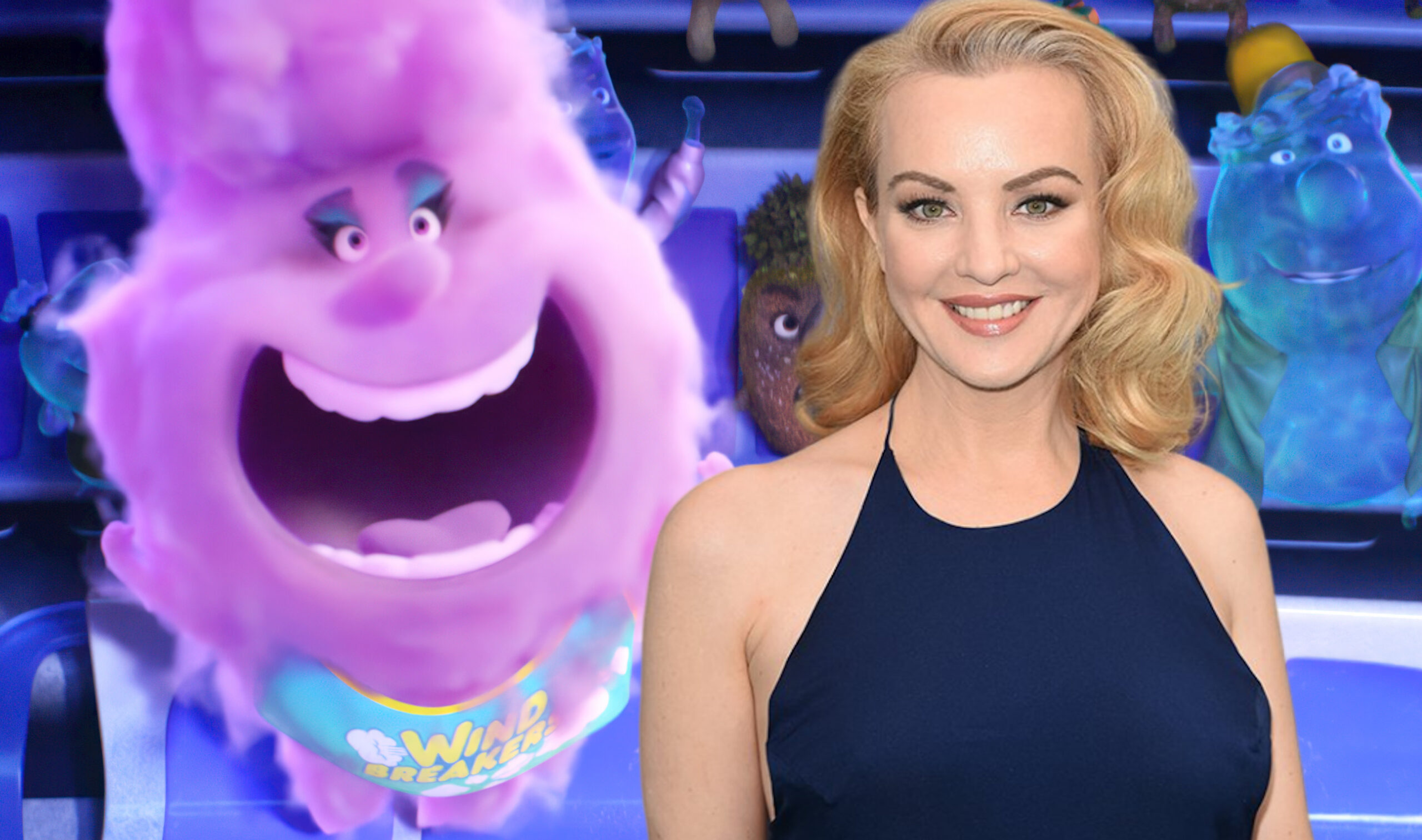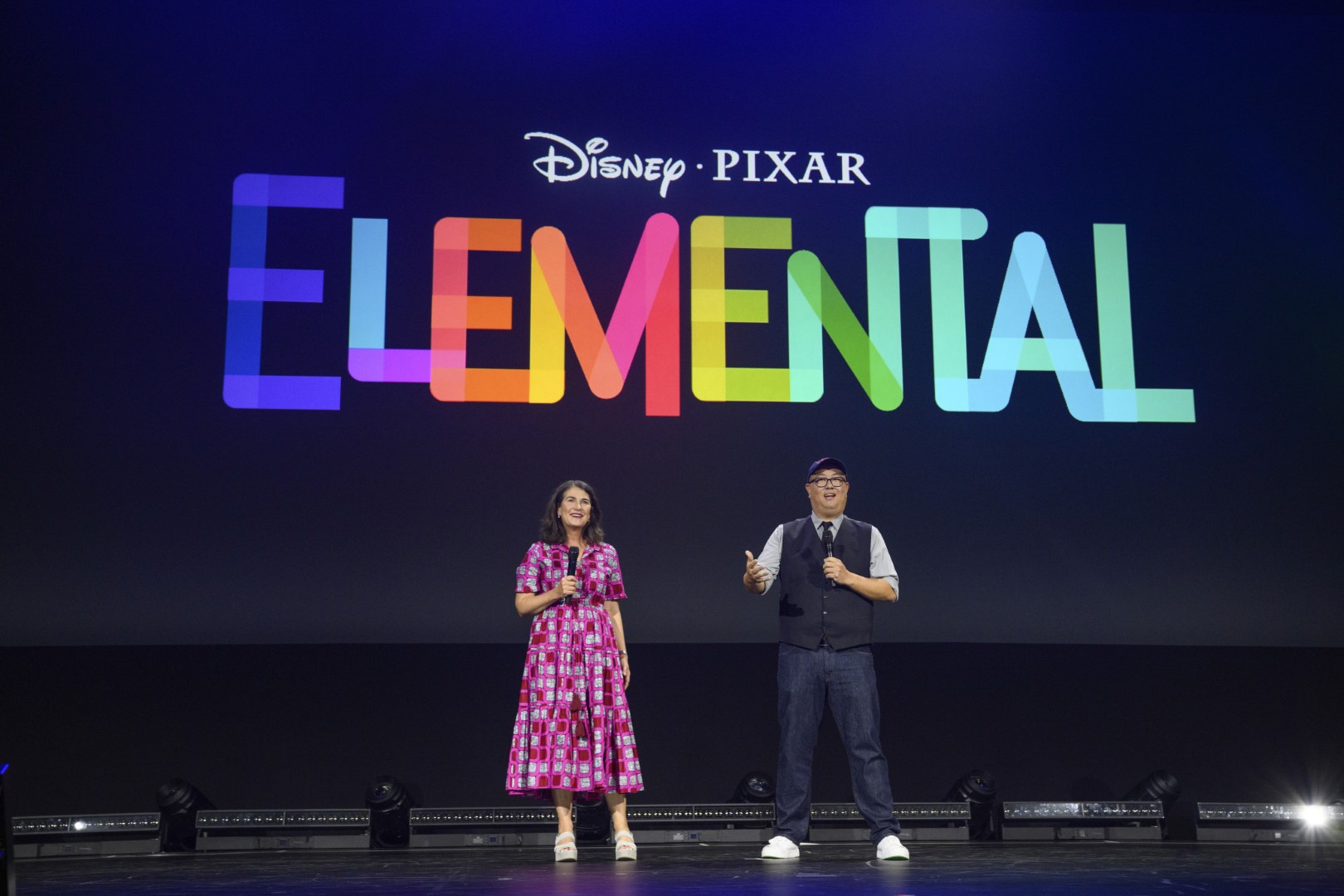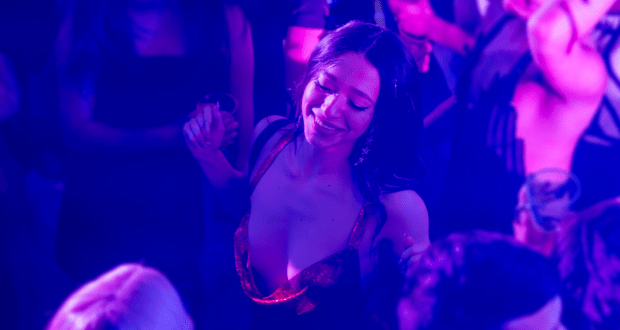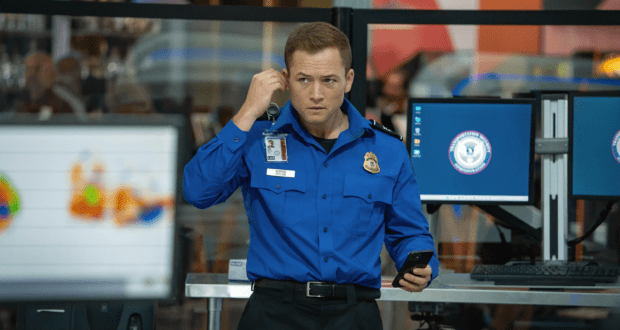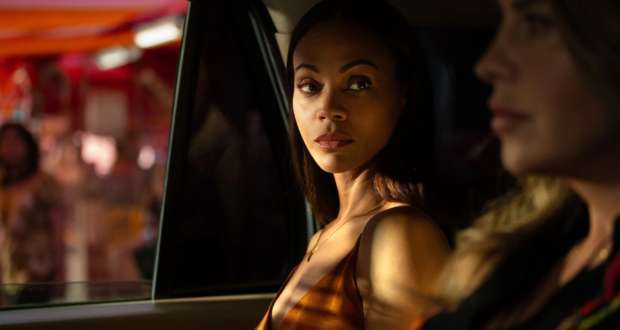Disney/Pixar’s Elemental arrives in theatres tomorrow and with that, I have a few thoughts. The newest animated feature from the animation giant is directed by Peter Sohn – who has worked at Pixar for decades – and is certainly entertaining enough for a one-time watch. But that’s kind of the problem here. It’s fun and entertaining at the moment, but it’s easily one of the weakest Pixar efforts in a long time. Ever since their very first film, Pixar has always been known as a studio that’s able to make films enjoyable for all audiences. They make movies that are somehow able to make fully grown adults cry in the theatre. But why has that magic gone? Why is Pixar missing a lot more than they’re hitting these days?
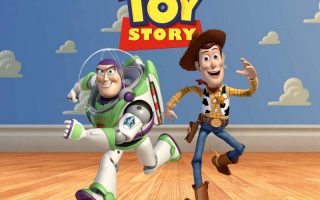 To understand the perceived shift in Pixar movies, it is essential to acknowledge the natural evolution of any creative enterprise. Pixar, as a studio, has always embraced innovation and artistic exploration. The early films introduced groundbreaking computer animation techniques, while the subsequent releases delved into more complex and emotionally resonant narratives. This evolution has allowed Pixar to push the boundaries of storytelling and animation, captivating audiences and earning numerous accolades.
To understand the perceived shift in Pixar movies, it is essential to acknowledge the natural evolution of any creative enterprise. Pixar, as a studio, has always embraced innovation and artistic exploration. The early films introduced groundbreaking computer animation techniques, while the subsequent releases delved into more complex and emotionally resonant narratives. This evolution has allowed Pixar to push the boundaries of storytelling and animation, captivating audiences and earning numerous accolades.
In recent years, some argue that Pixar movies have undergone a change in approach, leading to a departure from the characteristics that defined the studio’s earlier works. While classics like “Toy Story” and “The Incredibles” balanced humor, adventure, and emotional depth, certain movies in recent years seem to place less emphasis on narrative coherence and emotional connection. Some viewers have found themselves disconnected from the stories and characters, leading to a diminished impact.
One aspect contributing to the perceived decline in quality is the proliferation of sequels and franchises. In an effort to capitalize on established successes, Pixar has released multiple sequels and spin-offs, including Cars 3, Finding Dory, and Incredibles 2. While these films have their merits, some argue that the focus on familiar characters and worlds has come at the expense of originality and fresh storytelling. This repetitive nature of sequels can result in a sense of creative stagnation and a lack of the innovative spirit that defined earlier Pixar films.
Another factor influencing the change in Pixar movies is the corporate ownership of the studio by The Walt Disney Company. Since Disney’s acquisition of Pixar in 2006, the studio’s creative decision-making process may have been influenced by profit-oriented strategies. The need to create marketable franchises and merchandise-friendly characters may have altered the studio’s creative priorities. This corporate influence may have affected the risk-taking and artistic freedom that characterized earlier Pixar films, resulting in a more formulaic and commercially driven approach.
Pixar’s ability to appeal to audiences of all ages has been a hallmark of its success. However, some critics argue that recent films have increasingly prioritized younger viewers at the expense of engaging older audiences. While Pixar has always included elements that resonate with children, earlier movies often included subtle humor and sophisticated themes that resonated with adult viewers. In contrast, some recent releases have been criticized for oversimplifying storytelling and relying heavily on slapstick humor, catering primarily to a younger demographic.
While opinions regarding the decline in the quality of Pixar movies in the modern day may vary, it is important to recognize that artistic evolution and subjective perspectives shape these observations. The shift in approach, the influence of sequels and franchises, corporate interests, and a focus on younger audiences are factors that have contributed to the perception that Pixar movies feel different, and arguably, for the worse. Nevertheless, Pixar’s legacy of groundbreaking animation and profound storytelling cannot be easily dismissed, and it remains a testament to the remarkable impact the studio has had on the world of animated filmmaking. As the future unfolds, only time will reveal whether Pixar can strike a balance between commercial viability and the artistic integrity that made them pioneers in the industry.

